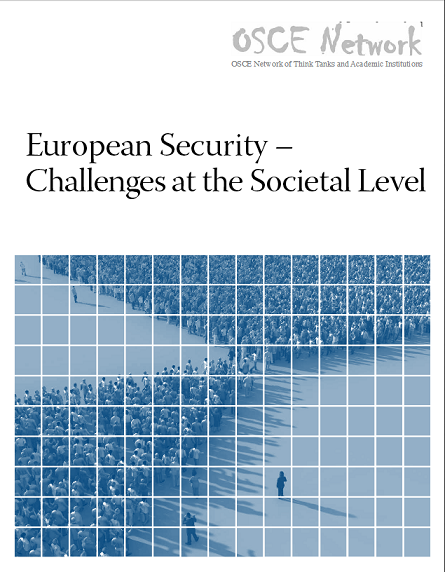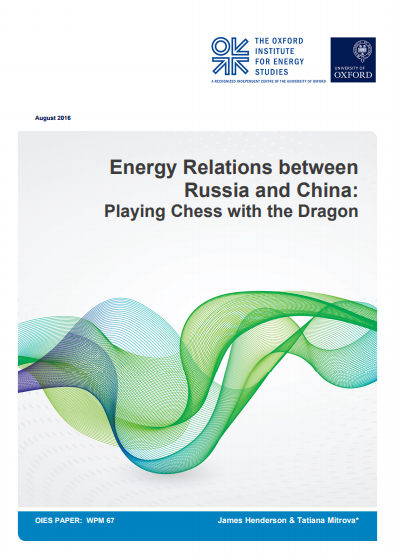Three Years of China’s New Silk Roads: From Words to (Re)action?
More than three years have already passed since China’s new silk roads were launched by President Xi Jinping. When he first mentioned the idea in an autumn 2013 speech in Kazakhstan, questions quickly emerged on the meaning of this general concept, which soon became widely promoted through a large-scale and well-coordinated public diplomacy strategy both in and outside China.
The NPT and the Origins of NATO’s Nuclear Sharing Arrangements
Russia has recently accused the United States and NATO Allies of violating the Treaty on the Non-Proliferation of Nuclear Weapons (NPT) by arguing that NATO's nuclear sharing arrangements are not permitted under the Treaty.

The Russian Informational and Digital Influence Strategy in Europe
The article discusses Russia’s informational and digital strategy towards Europe. It focuses on its content, instruments, infrastructures and techniques.

European Security – Challenges at the Societal Level
Relations between Russia and the West have deteriorated dramatically in recent years. The institutional foundations of cooperative security in Europe and the rules and principles they represent are rapidly disappearing.
Russia/NATO: Controlling Confrontation
Current hostilities between the United States, NATO and Russia, though they might not be at Cold War levels, do indicate real danger. NATO’s continued expansion toward the east and the deployment of defensive American antimissiles in Europe constitute serious strategic problems for Moscow.
Russia and Central and Eastern Europe: between Confrontation and Collusion
Since the start of the Ukraine crisis in early 2014, the states of East Central Europe have become increasingly important targets of Russian economic, political and military pressure. Russia finds itself in the trajectory of geopolitical retreat on the Western “front”, and seeks to slow down this process by mobilizing every economic, political and military asset in East Central Europe, where various weak points in the European and Atlantic unity exist—and are typically overestimated by Moscow.
Russia's Economic Modernization: The Causes of a Failure
In this short study of attempts that have been made in recent years to modernize the Russian economy, the author explains why they have all ended in failure. Unlike most experts, he focuses on politics and ideology.
Nord Stream 2: May Cooler Heads Prevail
Since the announcement of the Nord Stream 2 project in June 2015, the debate around the benefits of this project for Europe is raging, putting forward political, economic and commercial arguments.

Energy Relations between Russia and China: Playing Chess with the Dragon
Post-sanctions Russia-China energy relations: what expectations?
The Far Right in the Conflict between Russia and Ukraine
From the very beginning, the armed conflict that broke out in the Donbass in the spring of 2014 drew in right-wing radicals, on the Ukrainian as well as on the Russian side. Organised ultra-nationalist groups and individual activists established their own units of volunteers or joined existing ones.
Support independent French research
Ifri, a foundation recognized as being of public utility, relies largely on private donors – companies and individuals – to guarantee its sustainability and intellectual independence. Through their funding, donors help maintain the Institute's position among the world's leading think tanks. By benefiting from an internationally recognized network and expertise, donors refine their understanding of geopolitical risk and its consequences on global politics and the economy. In 2024, Ifri will support more than 70 French and foreign companies and organizations.


















